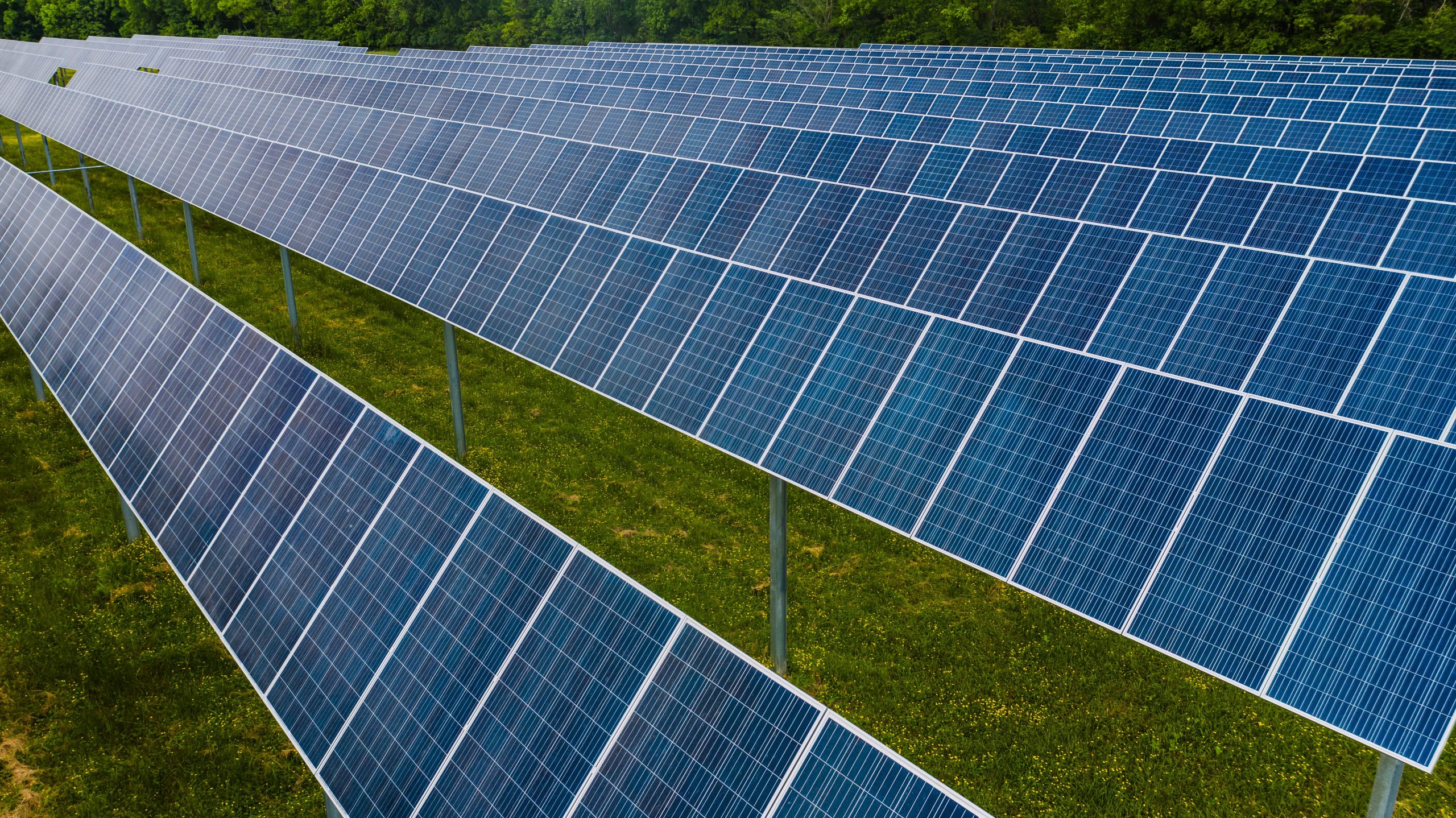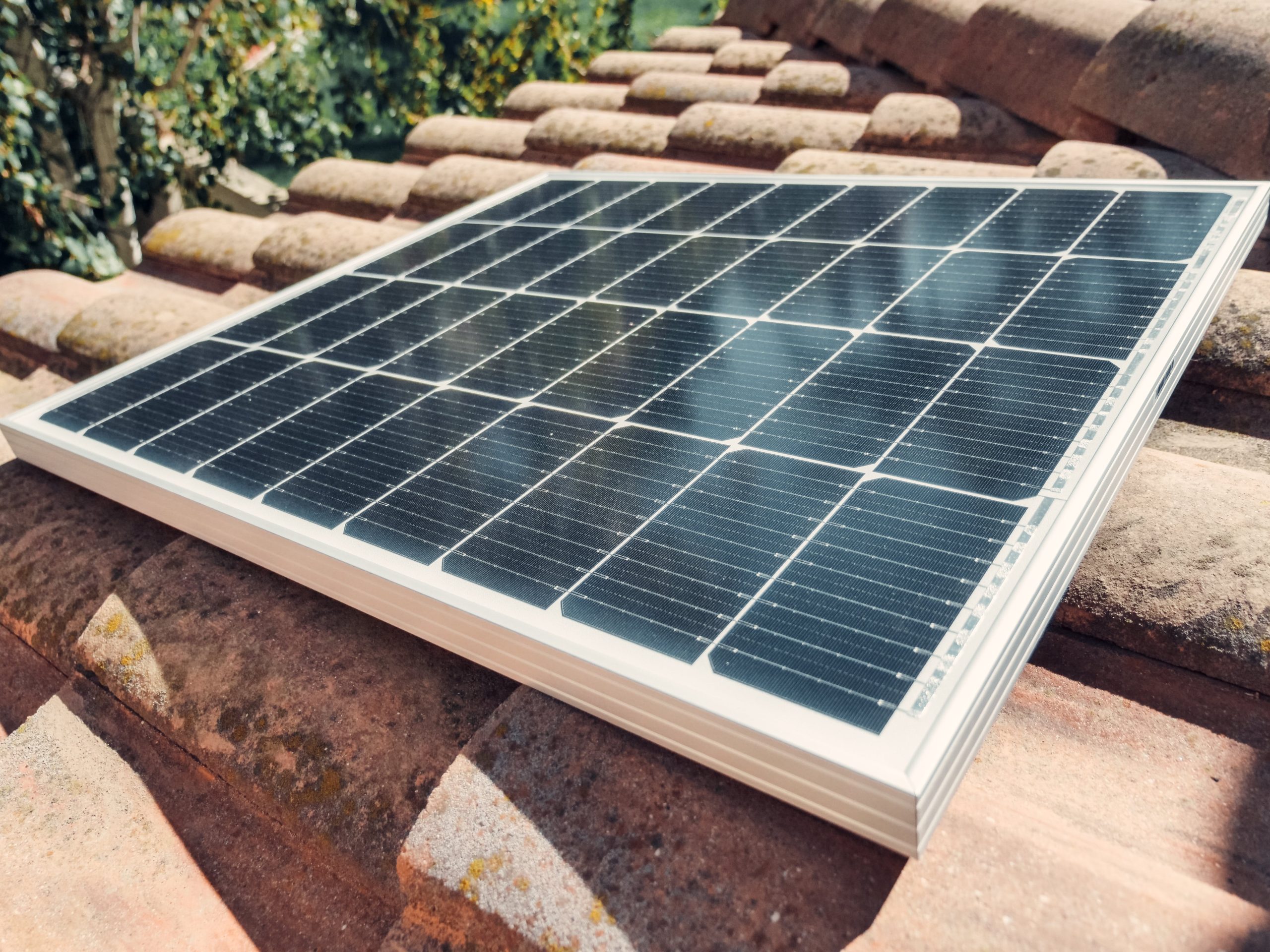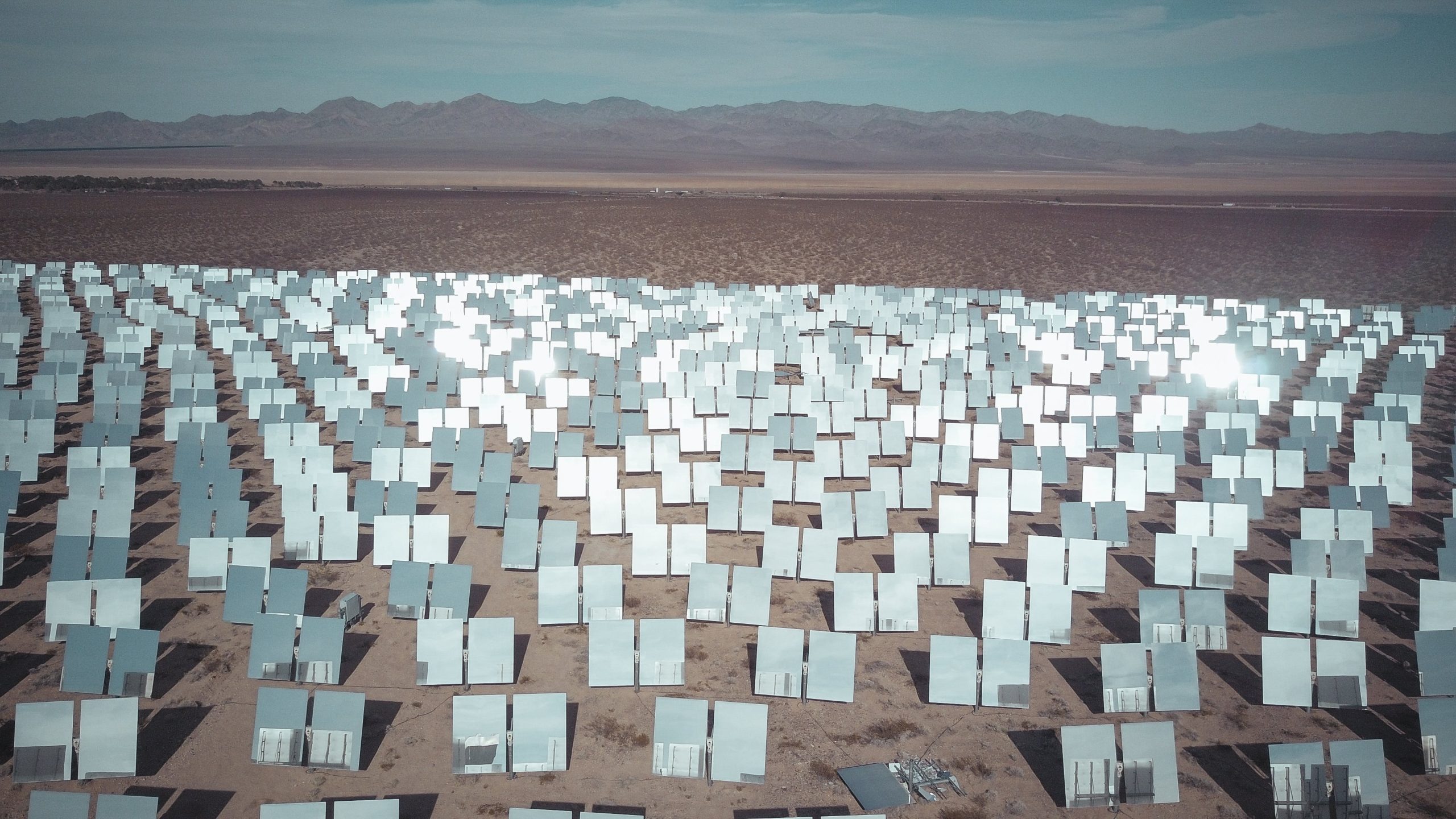What Are Fun Facts About Solar Panels?
Solar panels have become an integral part of our quest for sustainable energy solutions. As we harness the power of the sun to generate electricity there more to these photovoltaic wonders than meets the eye. In this article we’ll dive into the fascinating world of solar panels exploring their functionality historical milestones environmental impact and some surprising fun facts.
- Introduction
- Brief Overview of Solar Panels
Solar panels also known as photovoltaic panels are devices that convert sunlight into electricity. They play a crucial role in harnessing clean and renewable energy contributing to a greener and more sustainable future.
- Importance of Understanding Fun Facts About Solar Panels
While solar panels are commonly associated with clean energy delving into fun facts provides a deeper understanding of their significance. From historical breakthroughs to futuristic innovations there a wealth of information that adds a layer of intrigue to these sunpowered devices.
- How Solar Panels Work
- Photovoltaic Process Explained
At the heart of solar panels is the photovoltaic process where sunlight is converted into electrical energy through the interaction of photons with semiconductor materials. This process discovered in 1839 by Alexandre Edmond Becquerel paved the way for modern solar technology.
- Conversion of Sunlight into Electricity
Solar panels utilize the energy from sunlight to generate direct current DC which is then converted into alternating current AC by inverters for use in homes and businesses. This seamless conversion makes solar panels a practical and efficient energy source.
- Types of Solar Panels
There are various types of solar panels each with its unique characteristics. From monocrystalline to polycrystalline and thinfilm panels the diversity in design allows for versatility in applications and installations.
III. Environmental Impact
- Reduction in Carbon Footprint
One of the most significant advantages of solar panels is their positive impact on the environment. By generating electricity without emissions solar power reduces our reliance on fossil fuels subsequently lowering carbon footprints and combating climate change.
- Sustainable Energy Source
Solar energy is a sustainable and renewable resource. Unlike finite fossil fuels sunlight is abundant making solar panels a longterm solution for clean energy needs. The sustainability factor adds an essential layer to the appeal of solar technology.
- Historical Milestones
- Invention and Early Development
The concept of harnessing sunlight for energy dates back to the 7th century B.C. but it wasn’t until the 19th century that significant breakthroughs occurred. Alexandre Edmond Becquerel discovery of the photovoltaic effect laid the foundation for subsequent developments.
- Evolution Over the Years
Solar panels have evolved dramatically since the first photovoltaic cell was created. From early experiments to the widespread adoption of solar technology today the journey highlights the persistence and innovation of scientists and engineers.
- Solar Panel Efficiency
- Factors Affecting Efficiency
Several factors influence the efficiency of solar panels including sunlight intensity temperature and the angle of the panels. Understanding these factors is crucial for optimizing energy production.
- Technological Advancements
Ongoing research and technological advancements continue to enhance the efficiency of solar panels. Innovations in materials and design contribute to increased energy output making solar technology more accessible and effective.
- Solar Energy Around the World
- Global Adoption and Trends
Countries around the world are increasingly adopting solar energy as a viable source of power. The global trend towards sustainable practices and reducing dependence on traditional energy sources positions solar power as a key player in the energy landscape.
- Notable Solar Projects
From massive solar farms to innovative architectural designs incorporating solar panels notable projects showcase the versatility and potential of solar technology. These projects not only generate clean energy but also serve as symbols of sustainable living.
VII. Common Misconceptions
- Addressing Myths About Solar Panels
Misconceptions surrounding solar panels are common. Addressing these myths such as the belief that solar panels only work in sunny climates helps dispel misinformation and encourages broader adoption of solar technology.
- Clearing Up Misunderstandings
Educating the public about how solar panels function and their adaptability in various conditions is essential for dispelling misunderstandings. Clarity fosters informed decisions when considering solar installations.
VIII. Benefits Beyond Energy
- SolarPowered Devices
Solar energy isn’t limited to electricity production. The sun power is harnessed for various applications including solarpowered gadgets outdoor lighting and even solar water heaters.
- Applications in Diverse Industries
Industries beyond energy production benefit from solar technology. Agriculture transportation and space exploration are among the sectors integrating solar solutions for efficiency and sustainability.
- Solar Panel Maintenance
- Tips for Keeping Solar Panels Efficient
Regular maintenance is key to ensuring the longevity and efficiency of solar panels. Simple tasks such as cleaning and monitoring for potential issues contribute to optimal performance.
- Longevity and Durability
Quality solar panels are designed for durability. Understanding the expected lifespan and how to maintain panels ensures a lasting and reliable source of clean energy.
- Future of Solar Technology
- Ongoing Research and Innovations
Scientists and engineers continue to explore new frontiers in solar technology. Ongoing research aims to improve efficiency reduce costs and discover innovative ways to harness solar energy.
- Potential Breakthroughs
Anticipated breakthroughs such as advancements in energy storage and more efficient solar cells hold the promise of making solar energy even more accessible and widely adopted in the future.
- Cost Considerations
- Initial Investment vs. LongTerm Savings
While the initial investment in solar panels may seem substantial the longterm savings on energy bills and potential government incentives make solar technology a financially sound choice.
- Government Incentives
Many governments worldwide offer incentives to encourage the adoption of solar technology. Understanding and taking advantage of these incentives can significantly offset the cost of installing solar panels.
XII. Solar Panel Installation
- Residential vs. Commercial Installations
The process of installing solar panels varies for residential and commercial settings. Understanding the differences ensures a tailored approach that meets the unique needs of each environment.
- Choosing the Right Solar Panels for Your Needs
The market offers a variety of solar panels with different specifications. Choosing the right panels involves considering factors such as energy needs available space and budget constraints.
XIII. DIY Solar Projects
- SmallScale Projects for Enthusiasts
For the DIY enthusiasts smallscale solar projects provide an excellent opportunity to learn about solar technology handson. From solarpowered phone chargers to small lighting setups the possibilities are diverse.
- Learning Opportunities and Challenges
Engaging in DIY solar projects not only offers practical experience but also presents learning opportunities. Overcoming challenges in these projects contributes to a deeper understanding of solar technology.
XIV. Solar Panel Fun Facts
- Quirky and Interesting Details
Did you know that the first solarpowered calculators were introduced in the 1970s? Exploring quirky and interesting details adds a lighthearted touch to the serious business of solar energy.
- LesserKnown Benefits
Beyond electricity generation solar panels contribute to lesserknown benefits such as supporting biodiversity and providing shade. These lesserknown aspects showcase the multifaceted nature of solar technology.
- Final Word
- Recap of Key Points
From the basics of how solar panels work to their historical journey and future possibilities exploring the diverse aspects of solar technology unveils a world of innovation and sustainability.
- Encouragement for Exploring Solar Energy
As we conclude this exploration of fun facts about solar panels the invitation is extended to delve deeper into the world of solar energy. Whether considering solar installations for homes or exploring DIY projects the potential for positive impact is vast.
5 Unique FAQs
- Q: Can solar panels work in cloudy or rainy weather?
- A: Yes solar panels can still generate electricity in less sunny conditions although their efficiency may be reduced. They continue to harness diffuse sunlight even on cloudy days.
- Q: What is the lifespan of solar panels?
- A: The typical lifespan of solar panels is around 25 to 30 years. Regular maintenance and advancements in technology contribute to their longevity.
- Q: How much money can I save by using solar panels?
- A: The amount of money saved depends on factors like energy consumption local sunlight conditions and government incentives. However solar panels can lead to substantial longterm savings on energy bills.
- Q: Are there any environmental concerns related to solar panel disposal?
- A: While solar panels are environmentally friendly during their operational life their disposal raises concerns. Efforts are being made to develop recycling solutions to minimize environmental impact.
- Q: Can I install solar panels on my own?
- A: While some DIY enthusiasts can install smallscale solar projects it recommended to hire professionals for larger installations to ensure safety and optimal performance.











